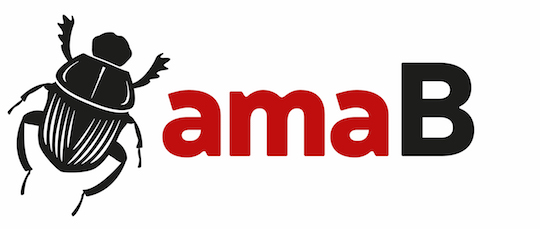Picture: Cedrick Frolick. (David Harrison, M&G)
On Friday, a multiparty subcommittee of Parliament’s joint standing committee on intelligence met to shortlist candidates applying to be the new Inspector General of Intelligence (IGI) – but dismally failed the transparency test.
The IGI’s is a key accountability position – he or she needs to protect the public and journalists from abuses by the intelligence services, whose activities are cloaked in secrecy.
The post has been vacant for a year as the ruling party battled to muster the two-thirds majority needed to appoint Cecil Burgess, its nominee. Burgess, a former chair of the intelligence committee himself, is best known for shepherding the “Secrecy Bill” through the national assembly.
AmaBhungane and civil society partners had campaigned for greater transparency in the appointment and against Burgess’s candidacy, which was finally withdrawn in March.
Last week Cedric Frolick, the national assembly’s chair of committees, gave written assurance that the new shortlisting and interview process would be open to the public and media.
Yet the promise went effectively unmet.
At the Friday meeting, members of the public and media were ushered to the opposite side of the room away from MP’s, presumably to prevent any “accidental gaze” on committee documents.
As the preliminary shortlist was read out, sometimes inaudibly so, journalists scrambled to jot down names. No further biographical data was shared or discussed, which would have shed light on the rationale behind the choices.
Cornelius Schmidt, an opposition MP, asked to take his shortlist with him after the proceedings. This was flatly refused by committee chair Connie September.
Reporters, keen to confirm facts and accuracy, approached September seeking mundane facts such as the correct spelling of the names. She refused, citing confidentiality.
None of the shortlisted candidates’ CVs was made available.
Karabo Rajuili, amaBhungane’s advocacy coordinator, commented: “Openness is not merely the right of entry into a meeting room. It includes access to key documents discussed – in this instance CVs for the public to scrutinise and make meaningful comment, and for the media to report accurately. Such openness would build public trust in institutions.”
The shortlisted candidates were subsequently identified as:
- Advocate Unathi Bruce Bongco, a government employee who has been involved in the African Peer Review Mechanism;
- Godfrey Lebeya, a former head of detective services and deputy national commissioner of police;
- Modesta Dianne Phillips, believed to be a member of defence intelligence;
- Nyelisani Clarence Tshitereke, a former chief director of research for the ministry of defence;
- Professor Bruce William Watson, an ICT researcher; and
- Brightboy Nhlakanipho Nkontwana, a former human resources consultant for the intelligence services and also former advisor to the late minister of co-operative governance and traditional affairs, Sicelo Shiceka.
The subcommittee’s shortlist proposal will serve before the full committee at its next meeting.
AmaBhungane engages in advocacy under its mandate to develop investigative journalism by helping to secure the information rights investigative journalists need to do their work.

The amaBhungane Centre for Investigative Journalism produced this story. Like it? Be an amaB supporter and help us do more. Know more? Send us a tip-off.